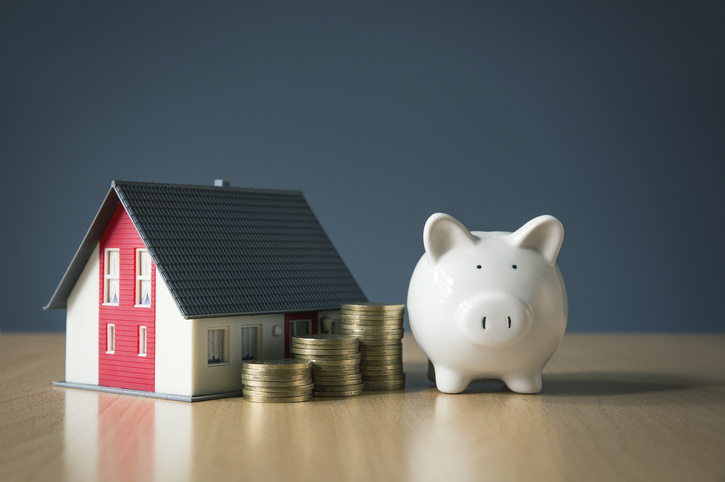 Saving money for a home is often hard to do – but not impossible. If you have the right mindset and tweak your spending habits, it’ll only be a matter of time until you can afford to buy your first home.
Check out these 8 doable ways to save money for a home:
Saving money for a home is often hard to do – but not impossible. If you have the right mindset and tweak your spending habits, it’ll only be a matter of time until you can afford to buy your first home.
Check out these 8 doable ways to save money for a home:
- Open a separate savings account By splitting your paycheck into two separate bank accounts, you automatically set your budget for both expenses and savings. Think of how much you can comfortably set aside, deposit it in a bank account, and don’t touch it until you have enough to pay for the down payment of your future home. This technique may not seem effective at first glance, but it brings amazing results and is surprisingly doable.
- Buy a coffee press A visit to Starbucks can easily cost you $5 per day. If you go every workday, you’d be spending $1,250 a year on fancy coffee alone. And while a venti latte may jumpstart your day, it slows down your ability to save enough money for a home. Instead of buying coffee every day, consider buying a coffee press. It costs a little less than a week’s worth of venti lattes and allows you to steep your own at home. Pour your homemade brew into an insulated flask you can bring with you to work. Experiment with blends and beans until you find a few that suit you.
- Avoid online shopping The wonders of online shopping are almost impossible to resist – it’s simple, convenient, and you can do it wherever you are. However, those are the same reasons to avoid it. Browsing for bargains online triggers impulse shopping, which invariably leads to buyer’s remorse – especially after you realize that you’ve spent hundreds of dollars (or an accumulation thereof) that should’ve gone into the funds you’re setting aside for your first house. Cutting back on online shopping is easier said than done, but some strategies work, include deleting your credit card information and unsubscribing from email alerts. If the temptation is still too strong, delete retail apps that indulge your wants rather than your needs.
- Go for generic Brand-name products look great on your shelf, but they aren’t always better than their generic counterparts. Truth be told, buying generic is often a smart way to save money without losing out on quality. Test a few products and measure their efficacy against the branded items you’re used to. If they work like they’re supposed to, make the switch and save money. Products to try include cleaning products, over-the-counter medicine, and supermarket house brands.
- Pay with cash From cashback rewards to airline miles to beefing up your credit score, there are many good reasons to use a credit card. But if you want to save money for a home, think twice about swiping. Studies show that people spend up to twice as much when using their credit cards instead of paying with cash. While it’s a lot more convenient to pull out your card, paying with cash is a smarter idea in many cases. For one, it makes it easier to stick to a budget and keep your debt in check. Some stores even offer special discounts if you pay in cash.
- Cancel subscriptions While it’s hard to imagine living without subscriptions like Netflix ($8.99) and Amazon Prime ($12.99,) there’s no denying the toll they take on your bank account. To save for a home, you have to be willing to sacrifice a few non-essentials. But if you just can’t let them go, there are silver linings. Services like Hulu ($12.99) and Spotify Premium ($9.99) allow sharing with family and friends. Consider splitting the bill with others to save money while you continue enjoying the paid services.
- Borrow what you need and sell what you don’t use Need some tools for a project or a tuxedo for a special night? Don’t buy – borrow. Borrowing barely used items like these not only saves money, it also prevents you from accumulating items you’ll barely use again. If you’re a hoarder or a compulsive shopper, get rid of things that are just lying around the house. Sell them on eBay or throw a yard sale. You’d be amazed at how much stuff you have and how much you can get out of them.
- Pack your lunch There’s no problem with eating out every now and then, but it’s time to be serious about packing your lunch more often. According to the Bureau of Labor Statistics, the average household spent $3,459 eating out in 2018 – that’s $288 a month or a whopping $3,456 a year! Why spend $10 for a turkey sandwich from a deli when you can make your own at half the cost? The same can be said of salads, priced at around $12 at a salad bar, but only $3 at the local supermarket. Remember: every dollar saved adds up.
